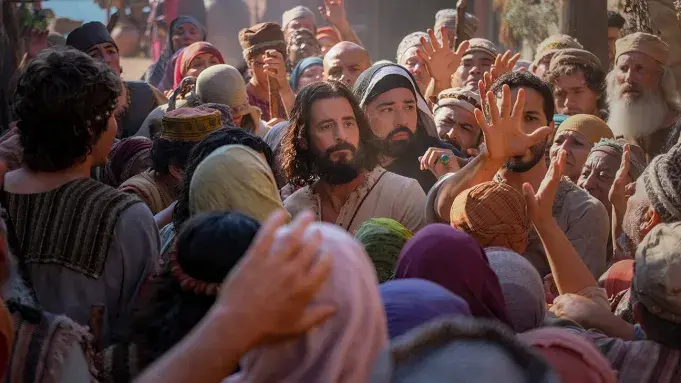Beyond Fairness: Lessons from the Vineyard
- josnardionzon5
- Aug 23, 2023
- 3 min read
Updated: Sep 18, 2023

In a quiet Scriptorium, a group of monks diligently works. Suddenly, they realize an error might have crept into the text they are painstakingly copying. After an extended debate about their course of action, the Abbot makes the decision to retrieve the oldest available copy. The Abbot's absence becomes lengthy, prompting the other monks to venture to the archives to check on him. There, they find him in a remote corner, tightly clutching a weathered book, tears streaming down his face. One of the monks hurries to him and inquires about his distress. The Abbot replies with emotion, "It says celebrate! CELEBRATE!" All the older monks left the monastery in anger and frustration.
My friends, it's "celebrate," not "celibate." The Abbot and the older monks felt betrayed because they had lived a celibate life for years, and it turned out to be a case of a "copying error."
Our Gospel reading (Mt 20:1-16) presents a puzzling situation: The workers who arrived at 5 o'clock in the afternoon received the same wage as those who had worked earlier in the morning. They grumbled against the landowner, saying, "These last ones worked only one hour, and you have made them equal to us, who bore the day’s burden and the heat." To this, the landowner replied:
“My friend, I am not cheating you.
Did you not agree with me for the usual daily wage?
Take what is yours and go.
What if I wish to give this last one the same as you?
Or am I not free to do as I wish with my own money?
Are you envious because I am generous?” (Matthew 2o: 13-15) From an economic point of view, this doesn't seem fair. Justice demands that those who work for longer hours should be paid higher wages. That's why today’s Gospel, the Parable of the Workers in the Vineyard, is puzzling to readers.
However, the landowner did not truly commit an injustice here, as he paid all the workers as they had agreed. The fact that all the workers received the same wage is solely due to the landowner’s generosity. The resentment of those who worked for a longer time stems from envy, not so much from those who get paid even though they work fewer hours but from the landowner who is generous.
The parable revolves around God's boundless love and mercy. People often think that their efforts will secure their entry into the kingdom of God. But they get it all wrong.
In a world driven by meritocracy and competition, the Parable of the Workers in the Vineyard serves as a poignant reminder of God's unconditional love. It challenges us to adopt a mindset that transcends conventional ideas of fairness and embraces the profound truth that we are all recipients of divine grace, regardless of the paths we've walked.
Furthermore, the parable addresses the deep-seated human tendency to compare ourselves with others. Envy arises when we perceive someone receiving the same reward despite what we consider a lesser effort. This envious mindset blinds us to the fundamental truth: God's love is boundless and not constrained by our notions of fairness.
In short, salvation is not earned solely through our efforts or the length of our journey. Instead, it's a gift freely offered by a loving and compassionate God.
And what about our effort in denouncing evil and promoting justice in the world? In our journeying together with the poor, enabling them to be liberated from poverty and oppression?
The parable doesn't negate the significance of our efforts to uplift the poor, defend their rights, and bring about justice in the world. In fact, it encourages us to continue such efforts with even greater fervor. The landowner's generosity should inspire us to be similarly generous in our actions, ensuring that everyone, particularly the marginalized and downtrodden, receives their due dignity and opportunities.
While the parable focuses on the concept of salvation and divine grace, it doesn't dismiss the importance of our earthly responsibilities. Just as the landowner chose to compensate his workers fairly, we are called to advocate for fairness, equality, and social justice. By striving for a world where all are treated with compassion and equity, we align ourselves with the underlying message of the parable.
It simply means that it is God who saves, not us. The kingdom of God is His to give, and we should not begrudge His generosity.



Comments